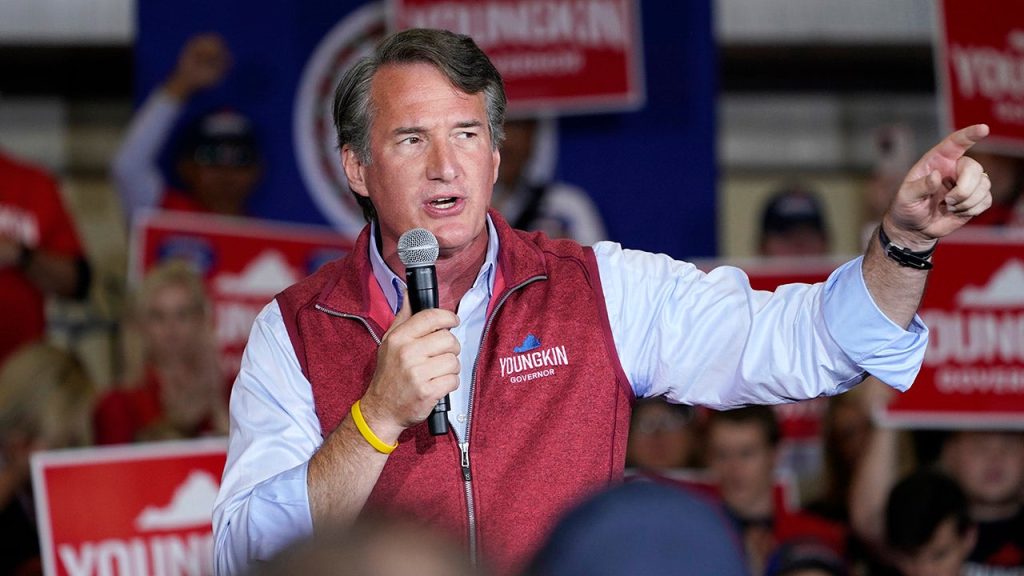Virginia Governor Glenn Youngkin raised concerns about the Pentagon’s plan to use $104 million in taxpayer funds to install solar panels on the rooftop of the Pentagon and other military installations. In a letter to Defense Secretary Lloyd Austin, Youngkin expressed worry about the lack of requirements for the solar panels to be made in America with American technology. He stated that this decision could have significant implications for national security and questioned if American taxpayer dollars would be used to purchase solar equipment from China.
The Pentagon’s plan to install solar panels is part of the Biden administration’s effort to promote clean energy and establish the federal government as a leader in sustainability. The project is part of a larger initiative involving 31 government sites receiving Energy Department grants, including locations in Germany. However, Youngkin voiced multiple concerns about the plan, highlighting the dominance of companies influenced or controlled by the CCP in the global solar supply chain. He argued that military procurements for solar panels should come from verified domestic manufacturers with trusted supply chains to ensure national security.
In addition to national security concerns, Youngkin raised issues about Chinese solar panels having a higher carbon footprint than those from U.S. producers and potentially being built using forced labor. He questioned the prioritization of this investment and urged Defense Secretary Austin to ensure that any hardware installed on the Pentagon’s roof is manufactured in the United States and the component materials are domestically sourced. The Pentagon did not immediately respond to a request for comment on Youngkin’s concerns.
Youngkin’s letter reflects growing bipartisan unease about the reliance on Chinese manufacturers for critical supplies, particularly in the field of renewable energy. The governor’s call for a focus on domestic manufacturing and secure supply chains aligns with broader discussions around reducing dependence on foreign sources. It also brings attention to the need to balance environmental objectives with national security considerations when pursuing clean energy projects.
While the installation of solar panels aligns with the Biden administration’s push for clean energy, Youngkin’s concerns highlight the complexity of balancing environmental goals with national security interests. The issue of sourcing solar equipment from China raises questions about potential risks and vulnerabilities in critical infrastructure supply chains. As debates around domestic manufacturing, supply chain security, and clean energy continue, policymakers will need to carefully weigh competing priorities to ensure both environmental and national security objectives are met.













